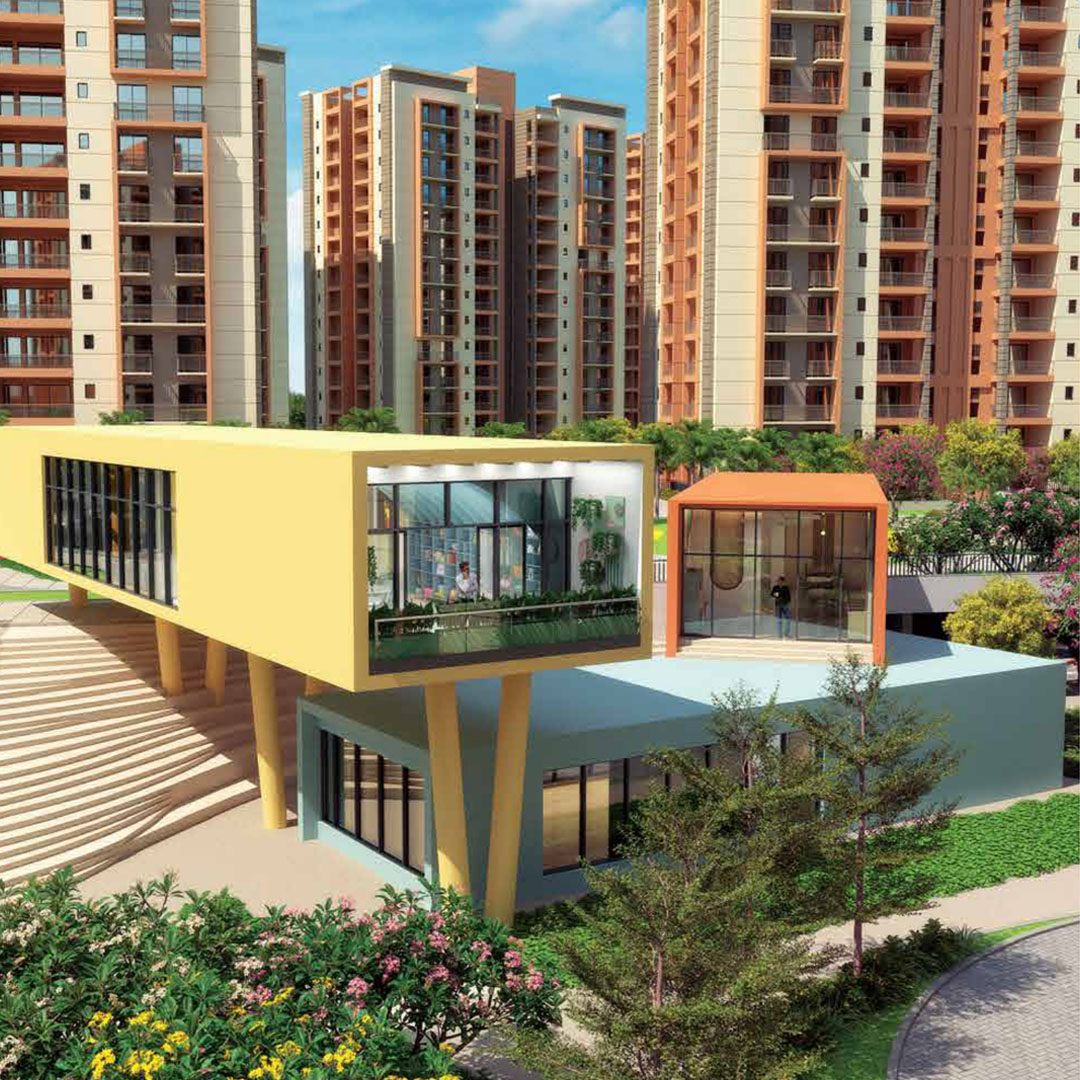
The foundation of the physical infrastructure of contemporary civilization is the real estate sector, which is a diverse and dynamic economy. Real estate is a broad category that includes a wide range of holdings and opportunities, from modest homes to enormous commercial buildings.
Land and the buildings erected upon it are the fundamental components of real estate. It includes undeveloped land as well as commercial, industrial, and residential properties. The urban and rural landscapes, as well as societal progress and economic growth, are significantly shaped by the real estate sector.
Real estate is more than just buildings and walls in the modern world; it is a major source of income, a place to live, and a blank canvas for creative architectural design. Real estate transactions have a significant impact on a country’s GDP, making them a gauge of the state of the economy.
Types of Real Estate
1. Residential
Single-Family Homes: In real estate, apartments—the ideal home for nuclear families—have a unique place. Having them frequently represents security and accomplishment on a personal level.
Apartments: Communal living spaces, where apartments and condominiums offer inhabitants shared amenities and a sense of community, are a result of urbanization.
Townhouses: Townhouses offer a compromise between the shared walls of an apartment and the space of a detached property, combining the best of both worlds.
2. Commercial
Office Spaces: the focus of commercial activity, are the nerve centers where professionals work together, invent, and stimulate the economy.
Retail Properties: Retail establishments, which can range from charming boutiques to busy shopping malls, act as a platform for consumption, impacting both commerce and lifestyle.
Industrial Spaces: which hold assembly lines, distribution centers, and machinery, are the backbone of manufacturing and industry.
3. Land
Agricultural Land:A significant resource that supports food production and sustainability, fertile soil is the cornerstone of agriculture.
Undeveloped Land: Unexplored land holds promise for preservation, further development, or just as a pristine area of the environment.
Land Use Planning: For sustainable urban and rural expansion, land use planning is essential for striking a balance between economic development and environmental preservation.
Real Estate Investment
Buying vs. Renting: The age-old argument between buying and renting calls for a sophisticated comprehension of each person’s unique situation, financial objectives, and market dynamics.
Strategies for Real Estate Investment
- Fix and Flip: Rehabbers with an eye on the future frequently practice property flipping, converting run-down buildings into profitable ventures.
- Rental Properties: Assuming the obligations of a landlord, rental properties provide investors with a consistent cash stream through passive income generation.
- Real Estate Investment Trusts (REITs): REITs offer a way to pool money and invest in a diverse portfolio of properties for real estate investors who prefer a hands-off approach.
Challenges in Real Estate
- Market Volatility: Real estate markets are not immune to swings, and market volatility presents difficulties for professionals in the field as well as investors.
- Regulatory Changes: Regulations are always changing, therefore real estate agents need to be flexible in order to handle legal complexity.
- Environmental Concerns: Growing environmental consciousness drives a transition towards sustainable methods, impacting real estate development and administration.
Future Trends in Real Estate
- Sustainable Development: As the globe struggles with environmental issues, sustainable development techniques are becoming more important in real estate design and building.
- Smart Cities and Homes: Cities become smart, networked hubs as a result of technology integration, while households adopt smart elements to improve living.
- Virtual Real Estate: Virtual real estate is a new dimension where people can purchase, sell, and exchange virtual properties as the digital world grows.
Investing in Real Estate
Investing in real estate has been a successful method for generating wealth. Property’s material aspect offers stability as well as appreciation possibilities. It does, however, carry some risk. Prospective investors must to carefully consider the advantages over these dangers.
| Benefits | Risks |
|---|---|
| Appreciation of Property Value | Property Management Challenges |
| Rental Income | Market Fluctuations |
| Portfolio Diversification | Economic Downturns |
Tips for First-Time Homebuyers
- Understand market trends.
- Financial Preparedness
- Conduct thorough research.
- Consider location and demographics.
- Diversify your portfolio.
- Working with Real Estate Professionals
Conclusion
Real estate is a dynamic force that affects economies, lifestyles, and the future. It is more than just buildings and transactions. It takes a combination of strategic thinking, market knowledge, and trend-spotting skill to navigate the real estate marketplace. Success in the ever changing real estate market will depend on your ability to keep informed and accept change, whether you’re a homeowner, investor, or expert in the field.
FAQs
Q1. Is real estate a good investment in today’s market?
Real estate can be a lucrative investment, but it’s crucial to conduct thorough research and consider current market conditions.
Q2. What are the key challenges in the real estate market?
Challenges include market fluctuations, regulatory changes, and economic factors that can impact property values and investment returns.
Q3. How has the COVID-19 pandemic affected real estate trends?
The pandemic has led to changes such as increased demand for suburban properties, remote work trends, and a shift in buyer preferences.
Q4. What are the emerging opportunities in the future of real estate?
Emerging opportunities include sustainable developments, smart cities, and affordable housing, reflecting evolving market dynamics.

